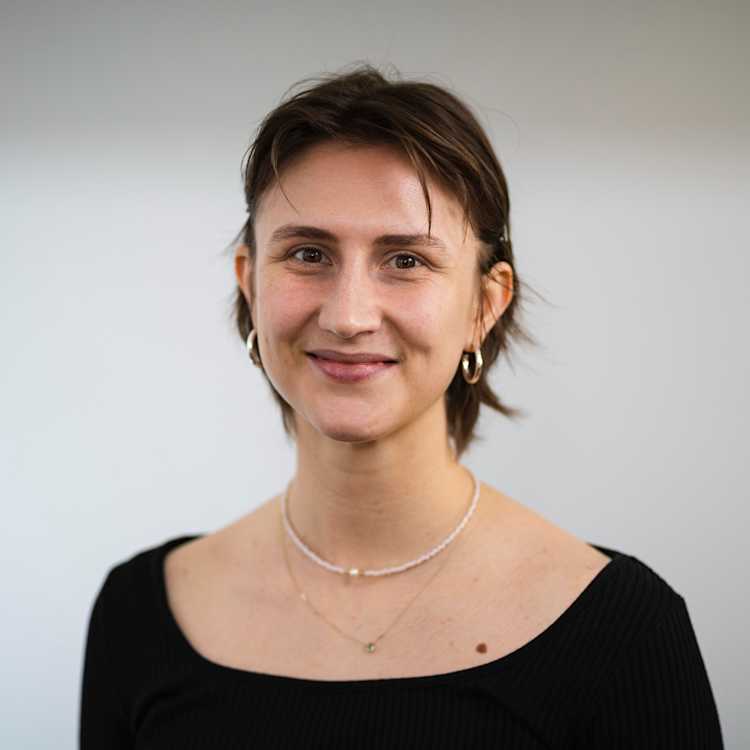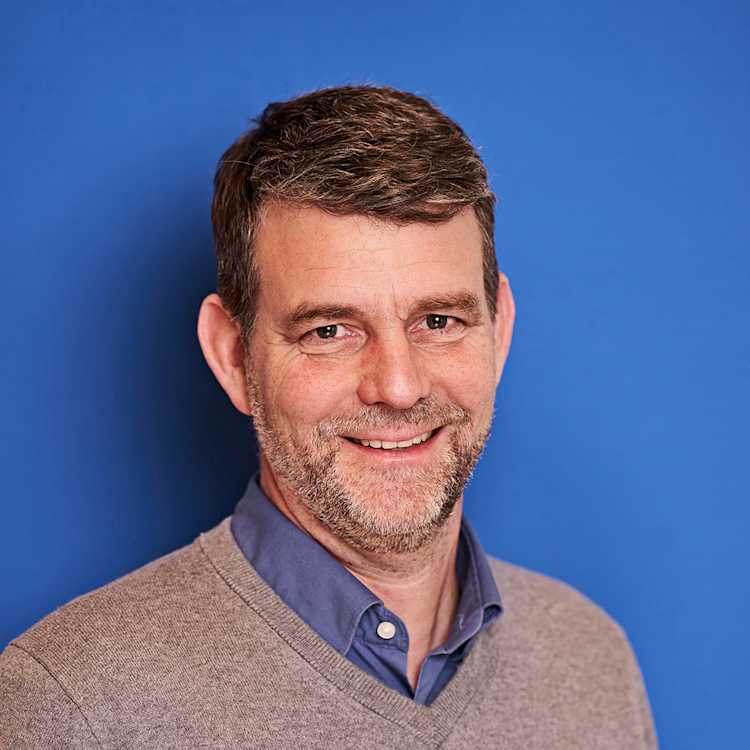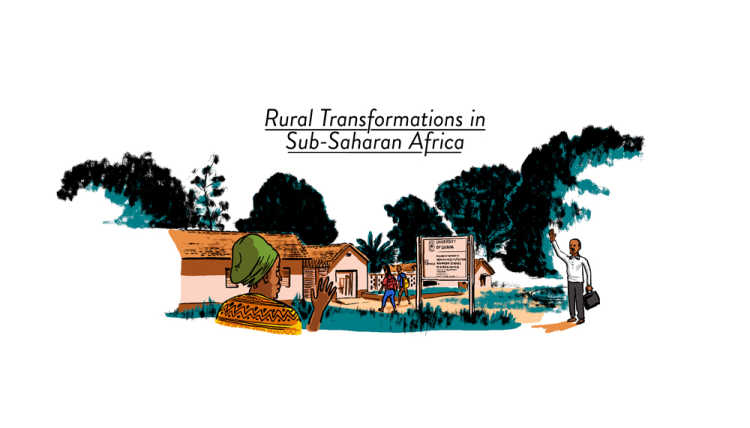- Startseite
- Veranstaltungen
- Konferenzen und Workshops
- MIASA Policy Conference “Dealing with Conflict, Preparing for Sustainable Peace”
Konferenz
MIASA Policy Conference “Dealing with Conflict, Preparing for Sustainable Peace”
Datum
11.12.2024 - 12.12.2024

The third MIASA Policy Conference “Dealing with conflict, preparing for sustainable peace” will provide space for exchange between researchers, policymakers and other key stakeholders in sustainable peace-making to present and discuss state-of-the-art research and its policy implications. Emphasis will be given to African perspectives on intervention practices and peacebuilding efforts on the continent, drawing on insights from both research and practice.
Despite considerable efforts to foster peace, multiple interlinked security challenges persist in Africa. The number of battle-related casualties has been on the rise – both globally and on the African continent. While decentralised forms of violence such as Jihadism, urban riots and smaller insurgencies are a key concern, conflicts with strong regional and international involvement have also increased significantly. African governments, regional organisations, Western actors and the international community have all sought to foster peace and security on the continent through instruments such as diplomatic initiatives, mediation, sanctions and peacebuilding initiatives. Intensifying religious violence and climate change are both pressing challenges to peace that carry an important gendered dimension. How religious divides or extreme weather are linked to conflict must hence be re-examined if strategies helping restore peace in vulnerable societies are to be developed. The conference seeks to address sources of and solutions to conflict in pursuit of sustainable peace in Africa by bringing into dialogue research on key challenges, actors and instruments.
Keynote speakers: Dr. Remi Ajibewa, Ambassadorial Fellow, National Institute for Policy and Strategic Studies, Nigeria and former Director of Political Affairs at the ECOWAS Commission Dr. Jana Krause, Professor at the University of Oslo
Programme Committee: Dr. Emma Birikorang, Kofi Annan International Peacekeeping Training Centre (KAIPTC) Dr. Julia Grauvogel, German Institute for Global and Area Studies (GIGA) Dr. Christof Hartmann, University of Duisburg-Essen Dr. Afua Boatemaa Yakohene, Legon Centre for International Affairs and Diplomacy (LECIAD), University of Ghana
MIASA Policy Conference “Accelerating Africa’s Economic Transformation Towards Shared Prosperity and Sustainability”
21–22 November 2023 | University of Ghana
This second MIASA policy conference is meant to provide a space for exchange between researchers, policymakers, development practitioners, and other stakeholders in development to present and discuss the most recent policy-relevant research findings on Africa’s economic development, its present patterns and future.
Africa’s economic development is at the cross-roads. The 20 pre-pandemic years have been – for some parts of Africa – the most transformative since independence. Yet, there is a long way to go. First, the transformation needs to regain its momentum to lead to sustained increases in productivity, income, and living standards. Second, its patterns must turn more inclusive to ensure that the potential gains from development are shared more equally. Third, a sustainable economic transformation in Africa can contribute to addressing global as well as local environmental problems, from climate change to deforestation and biodiversity loss. Fourth, development strategies will have to adjust to and be compatible with global changes, including the global energy transition and the geo-political tensions with repercussions on international trade and investment, which entail challenges and opportunities. Fifth, economic integration – both regionally and globally – has to turn into a major driver of sustainable development. While achieving higher value addition is an important element of integration strategies, more sustainable commodity exports, and mineral extraction should remain high on the agenda.
The conference is not only meant to bridge research and practice. It also encourages researchers and practitioners to step out of their respective silos and see, interpret and apply their knowledge in the broader context of Africa’s economic development without losing analytical rigor. All too often, applied research gets lost in detail and is too obsessed with identification with the consequence that it does not see the forest for the trees. At the same time, policies rely on broad narratives that are not well-backed by empirical evidence.
Keynote speeches/roundtable participants: Stefan Dercon, Centre for the Study of African Economies, University of Oxford (virtual) Kevin Chika Urama, Chief Economist, African Development Bank (virtual) Edward K. Brown, African Centre for Economic Transformation (ACET) Programme Committee: Charles Ackah, ISSER Jann Lay, GIGA, MIASA and University of Goettingen, Germany Abena Oduro, MIASA and University of Ghana Rainer Thiele, Kiel Institute for the World Economy, Germany
MIASA Policy Conference “Policies for a Sustainable Rural Transformation in Africa”
22–23 June 2022 | University of Ghana
Africa’s rural areas have been in a process of continuous change in particular since the economic reforms of the 1980s and 1990s. In a context of rapid population growth and rural-urban migration, rural livelihoods in many places have changed significantly. They have diversified and farming has become much more commercialised. Yet, smallholder agriculture remains the mainstay of the rural economy and, despite some progress, poverty remains widespread and food security is often not guaranteed. With the population projected to double by 2050 demographic pressure will be reinforced and climate change will massively aggravate the pressure on natural resources, be it land, water or forests. Accelerated rural development, including increased agricultural productivity, that uses natural resources sustainably and protects the environment, in particular remaining forests, is needed.
In other words, a sustainable rural transformation is required. Achieving such a transformation will require developing a vision of this transformation, setting the right priorities, and managing well the potential trade-offs between rural economic progress, on the one hand, and social progress and environmental objectives, on the other hand. It also requires inclusiveness and gender equality. Often, the policy-relevant evidence that research provides on key questions of rural development in Africa is fragmented and comes in bits and pieces. One aim of this conference is therefore to bring together bigger research projects and initiatives and put together a programme that goes well beyond a series of paper presentations. We target in particular policy-makers and development practitioners.
The conference will feature coherent thematic sessions that include one or several contributions from larger research efforts/projects or are organised by one institution or project. We might then “fill” these sessions with contributed papers. We will have keynotes, a high-level policy panel, and a poster session with designated discussants for each of the presented posters. These are the sessions of the conference:
Policies for a sustainable commercialization of African agriculture
Rural development interventions
Youth, National Service and the Transformation of Agriculture in Rural Africa
Oil Palm and Rural Transformation in Africa
Toward an inclusive agriculture development policy in Sub-Saharan Africa informed by robust methodologies and Earth Observation data
Changes in rural livelihoods
Policy effects, Challenges, and Performance of the West African Poultry Value Chain: Evidence from Ghana and Senegal
Chocolate and the cocoa value chain
Keynote speeches by: Awudu Abdulai, University of Kiel, Germany Eva-Marie Meemken, ETH-Zurich, Switzerland
Programme Committee: Fred Dzanku, ISSER Jann Lay, GIGA and University of Goettingen Robert Darko Osei, ISSER Charlotte Wrigley-Asante, MIASA Joseph Yaro, University of Ghana
Kooperationspartner
Adresse
ISSER Conference Hall, University of Ghana
Sprache
Englisch
Download MIASA Konferenzprogramm 2024














